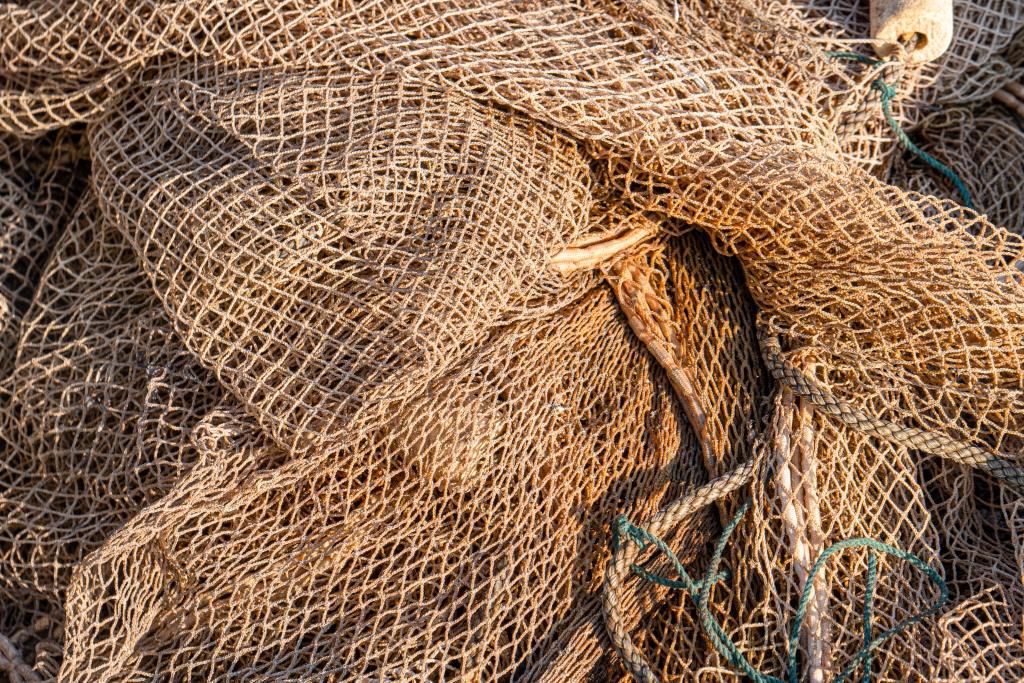Coalition appeals Consent Decree entrance

The Coalition to Protect Michigan’s Resources (CPMR) filed an appeal opposing entrance of the 2023 Great Lakes Consent Decree in the Sixth Circuit Court of Appeals.
The order to accept the decree, given in August by Judge Paul Maloney, entered the five sovereign Michigan Tribes, United States and the State of Michigan into the decree for a duration of 24 years.
In handing down his order, the judge rejected the Coalition to Protect Michigan Resource’s claim that biological harm is likely to happen to the resource and there will not be proper measures in place to mitigate that harm.
The coalition’s appeal is focused on the order’s disregard for biological evidence that the decree, as proposed and accepted, could irreversibly harm the resource. The coalition presented expert witnesses and pages of biological data showing gillnets are unsustainable and will decimate local fisheries in Michigan.
Gillnetting in Michigan was banned by the Michigan Department of Natural Resources during the 1970s after research concluded gillnets are non-selective and have disastrous consequences for fishery populations. The Tribes asserted their treaty right to fish with gillnets, and after several court cases and injunctions, the first Great Lakes Consent Decree was adopted in 1985.
Through an appeal, the Coalition will be able to argue that the District Court erred in its review of the proposed Decree before its entry. The appeal will be based on several points, including vagueness, impact, burden, rehabilitation and information sharing.
Amy Trotter, Michigan United Conservation Clubs CEO and CPMR treasurer, said that the coalition’s focus has always been the health of the Great Lakes fishery.
“The sustainability of the Great Lakes fishery has always been our top priority,” said Trotter. “Our position has been unwavering, the 2023 Great Lakes Consent Decree, as written, would cause potentially irreversible harm to the populations of vital sportfish species. The coalition has held the position for years that gill nets are indiscriminate, lethal, and dangerous for the fishery.”
CPMR members have served as amici through every iteration of the court litigation and negotiations since the late 1970s. President Tony Radjenovich said that the coalition has come too far to give up at the end.
“The volunteer members of CPMR have worked too hard, for too long, to give up now, at the end,” said Radjenovich. “We are committed to exhausting every reasonable legal option we have to ensure the health of the Great Lakes fishery is protected.”
CPMR comprises Michigan United Conservation Clubs, the Michigan Charter Boat Association, the Michigan Steelhead and Salmon Fishermen’s Association and Hammond Bay Area Anglers, accompanied by an assortment of angling and conservation supporting members.
Since the coalition’s inception, it has worked to ensure that recreation anglers’ voices are represented during the Great Lakes Consent Decree negotiations. You can support the work of CPMR by donating here: https://www.gofundme.com/f/protect-great-lakes-sportfishing.

You must be logged in to post a comment.